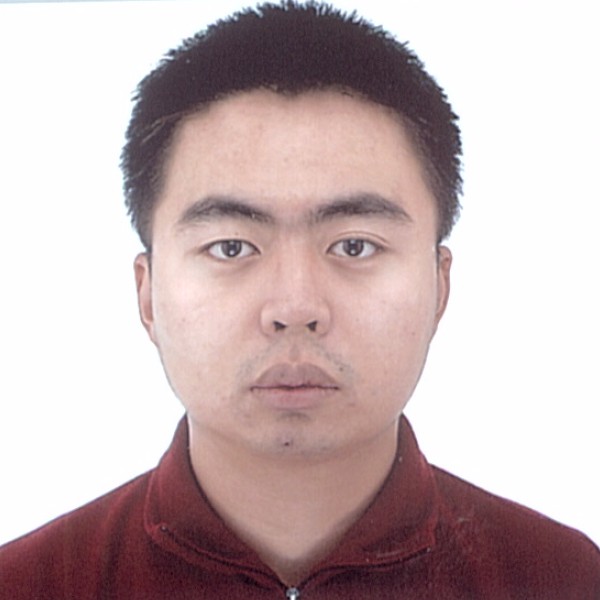SimEA postdocs
SimEA postdocs pursue research in Computational Science and Engineering with emphasis on multi-scale modelling, simulations and application of data analytics approaches for the study of complex nanostructured materials. The SimEA team is currently comprised of the following postdocs:
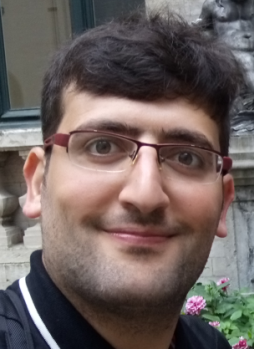 |
Dr. Hilal Reda Dr. Reda joined the group as a prestigious Marie Sklodowska-Curie Individual Fellowship via the project NANOMEC. He works on the development of polymer nanocomposites (PNCs) for novel applications, which have attracted considerable interest in recent years due to the enhanced properties of PNCs, including mechanical rigidity, stiffness and toughness, electrical and thermal conductivity, etc. This project proposes a multiscale computational methodology to predict the mechanical properties of PNCs, which involves microscopic simulations, homogenization approaches and continuum models. He now continues his work as an associate research scientist in the SimEA project. |
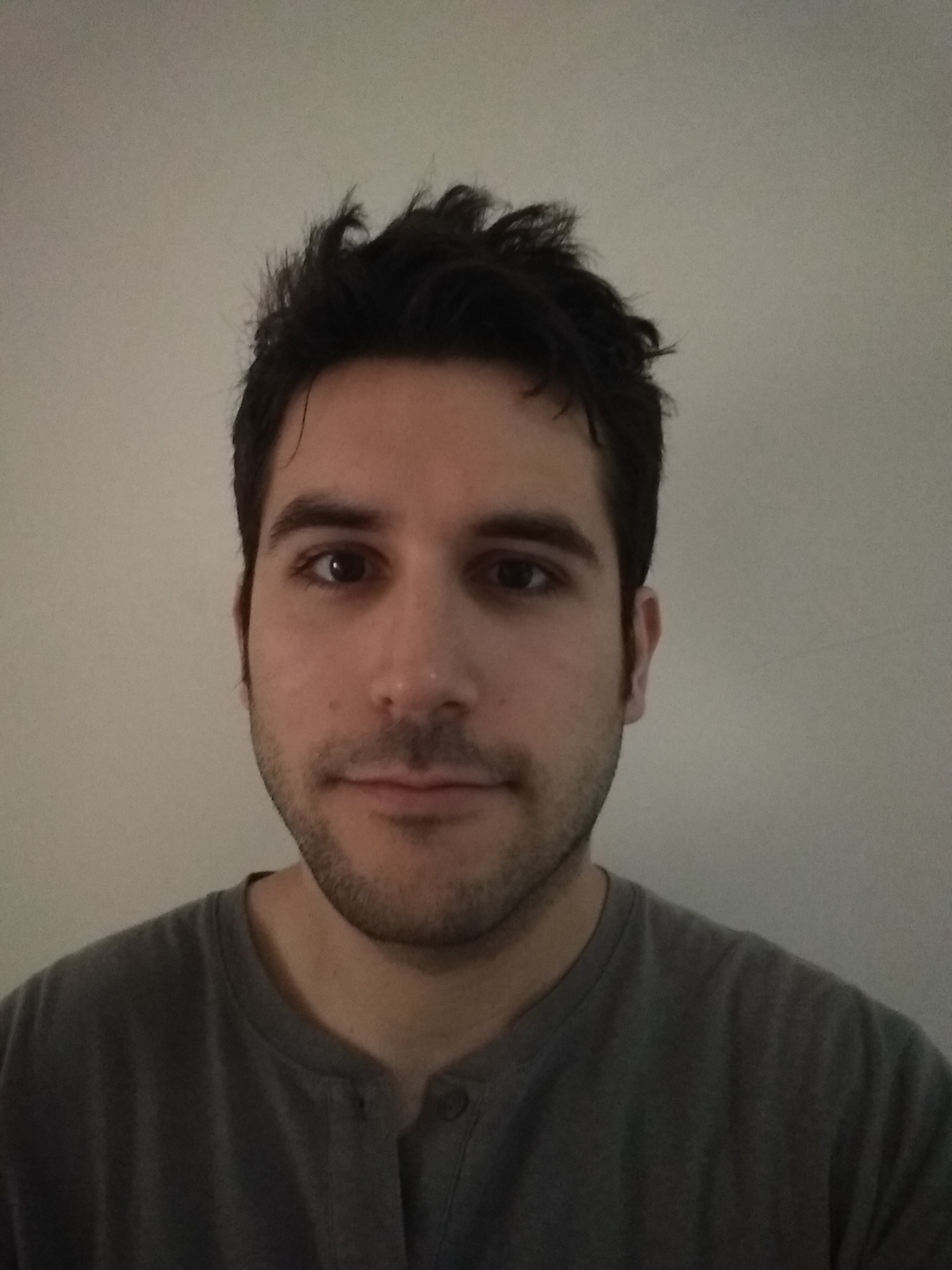 |
Dr. Spyros Kallivokas Spyridon (Spyros) Kallivokas studied Physics in the University of Patras where he obtained his Master in Materials Science and Technology. Later he awarded his PhD in Computational Material Science and Engineering from the National Technical University of Athens (NTUA). Thereafter, he continued with post-doctoral research at Charles University, J. Heyrovsky Institute of Physical Chemistry, Centre of Research and Technology (CERTH), Institute of Communication and Computer Systems in NTUA. Parallel he was visiting scientist in EPFL. He also served as a visiting lecturer in the Materials Science and Technology department at the University of Crete. His main research activity focuses on mechanical, structural and dynamical properties of polymer networks, nanocomposites and biopolymers. |
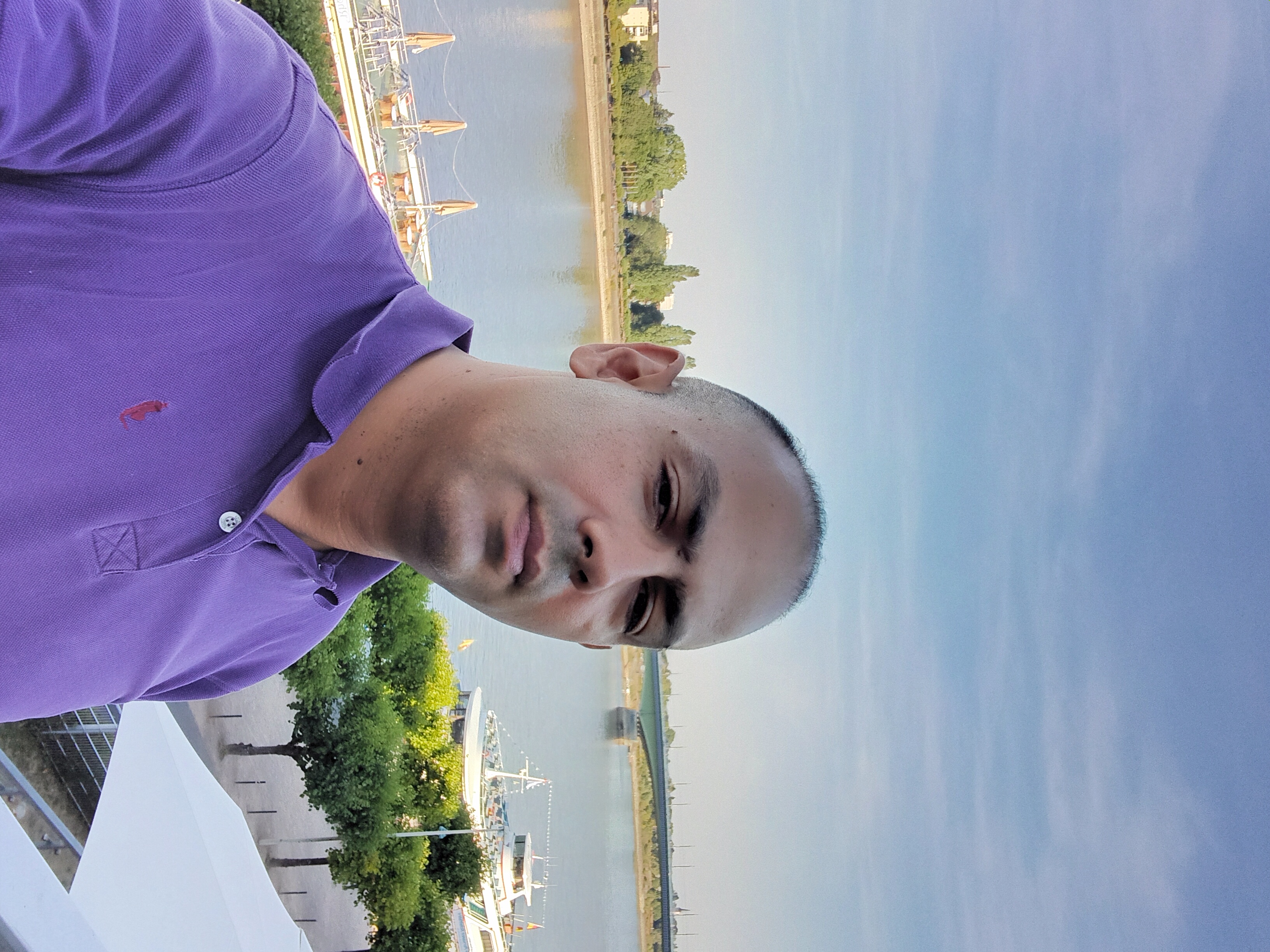 |
Dr. Andreas Athenodorou Andreas Athenodorou graduated from the Physics Department at the University of Cyprus in 2004 and pursued doctoral studies in Theoretical Particle Physics at the University of Oxford with Dr. Michael Teper. He has held postdoctoral positions at DESY Zeuthen, at Swansea University and at the University of Cyprus. In addition he worked as a fixed term Lecturer and Assistant Professor at the University of Cyprus, teaching undergraduate courses. From 2019 to 2021 Andreas worked as a Marie Sklodowska Curie Individual Fellow at the University of Pisa. Andreas is now an associate research scientist at The Cyprus Institute. He has worked at CaSToRC for several years, contributing to several projects such as NI4OS-Europe. He recently transitioned to the SimEA project, in which he will be working on data-driven Machine Learning approaches for modelling across scales as well as on investigations of applications of Quantum Computing on simple material systems. |
Postdocs via competitive funding
 |
Dr. Naveed Akram
Naveed works on seismic imaging along with remote sensing for energy applications within the RAISE project. His work aims to develop innovative Neural network (NN) architectures that can replace the Green’s function, the most computationally expensive part for simulation of seismic waves propagation. AI-based frameworks, such as Physics-informed neural networks (PINNs) and the Fourier neural operator (FNO) are being developed to provide fast and efficient alternatives to the traditional deterministic approaches. Real field data set from the Netherlands has also been acquired to test the methodology. |
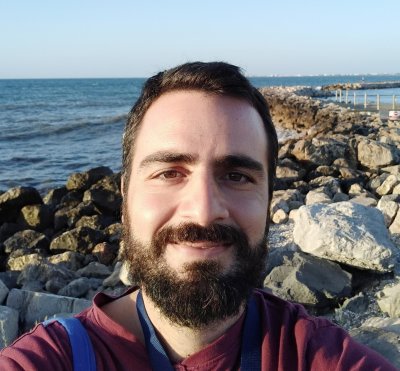 |
Dr. Andreas Demou
He is involved in the RAISE project and deals with modelling of multiphase flows. More specifically, CFD datasets are generated and used for the training of physics-informed machine learning models in the domain of wetting hydrodynamics. Within this approach, low-accuracy analytical models are augmented with an AI part to provide efficient and reliable tools that can facilitate surface designing in applications that require controllable droplet transport (e.g. microfluidic devices). |
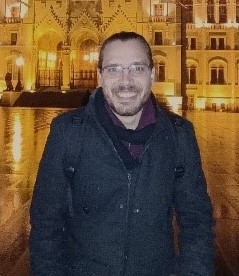 |
Dr. Panayiotis-Yiannis Vrionis
Panayiotis-Yiannis holds a diploma (5y) degree and a Ph.D. in Mechanical Engineering from the National Technical University of Athens (NTUA). Panayiotis-Yiannis Vrionis is a Mechanical Engineer in the Computation-based Science and Technology Research Center at the Cyprus Institute. He has experience in the development and application of Computational Fluid Dynamics software tools for the analysis and design of applications in the field of fluid mechanics. His specialties include Cartesian methods, adjoint methods for shape or topology optimization, numerical modelling of cavitating flows, and large-scale parallel computing. He joined SimEA team in 2022 and his current research focuses on the development of wetting hydrodynamics numerical tools for the analysis of flows in heterogeneous environments.
|
|
|
Dr. Pengzhi Wang
Pengzhi Wang received his Bachelor’s degree (2015) in Civil Engineering (specializing in Road, Bridge, and River-crossing Engineering) and subsequently his Master’s degree (2018) in Civil Engineering (specializing in Highway Engineering), both from Chang’an University (in Xi'an, China). In 2023, he completed his Ph.D. in Civil Engineering at the National Institute of Applied Science in Rennes (INSA Rennes, France). During his doctoral studies, Pengzhi focused on the nano- and micro-scale modelling of the mechanical properties of Calcium-Silicate-Hydrates (C-S-H) in cementitious matrices. A key contribution of his research involved introducing an MD-based Cohesive Zone Method as a novel upscaling technique for transitioning from the atomistic to the continuum scale in cementitious materials. Pengzhi is currently engaged in the Nano-CarbonCapS project under the supervision of Dr. Hilal Reda and Prof. Vangelis Harmandaris.
|

